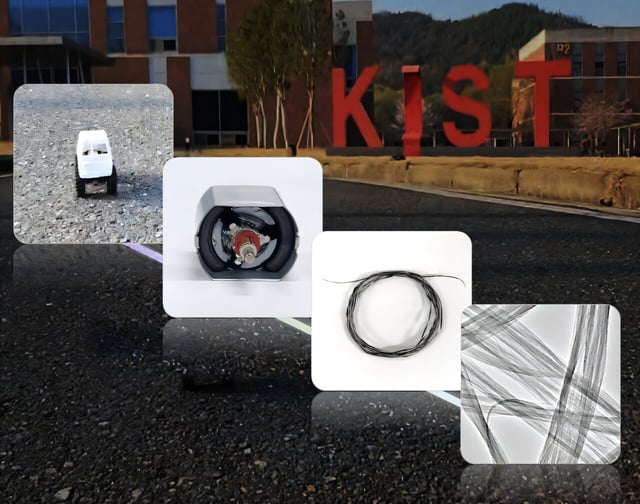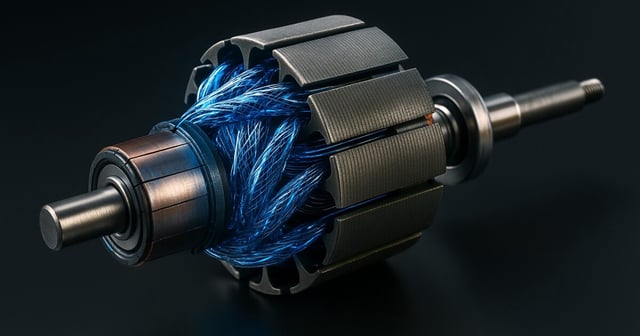Overview
- KIST researchers developed a lyotropic liquid crystal-assisted purification process that removes metallic catalyst residues from carbon nanotubes without harming their nanostructure.
- Purified CNTs were fabricated into core-sheath composite cables and wound into motor coils that delivered controllable RPM responses in a fully carbon-based test motor.
- Team demonstrations included running a scale-model car motor at 2–3 volts, validating the feasibility of entirely metal-free CNT motor coils for practical applications.
- Although CNT coils weigh one-fifth as much as copper windings, they currently exhibit lower electrical conductivity and incur higher manufacturing costs.
- Published in Advanced Composites and Hybrid Materials, the work lays the foundation for lighter, more energy-efficient systems in electric vehicles, drones and aerospace platforms.

